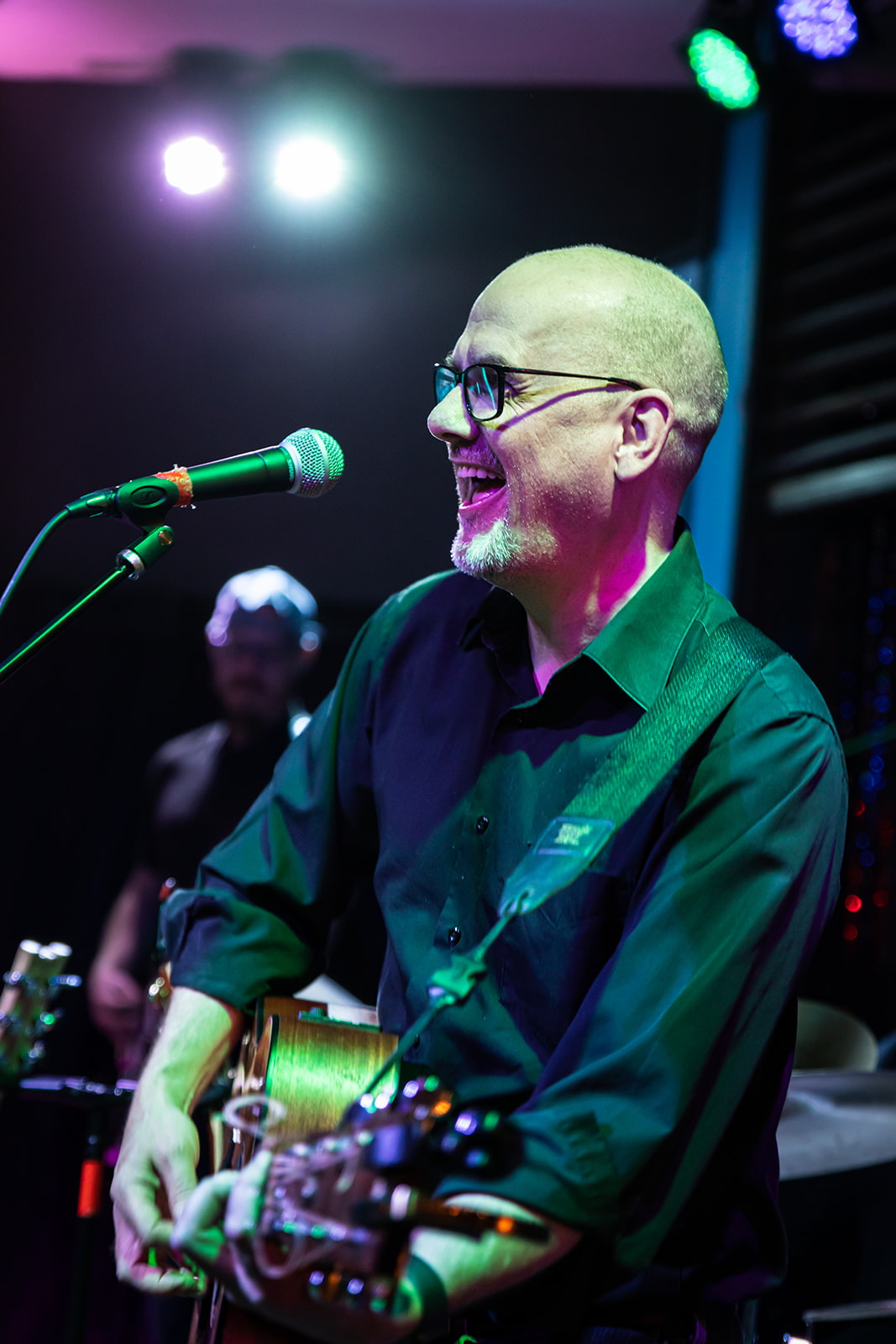We’re excited to introduce you to the always interesting and insightful Andy Ard. We hope you’ll enjoy our conversation with Andy below.
Alright, Andy thanks for taking the time to share your stories and insights with us today. Can you talk to us about a project that’s meant a lot to you?
My first solo album “How Easy It Is” (2012) was a huge leap forward in my capacity to make music. I was already familiar with Pro Tools and had made an album and a couple of EPs at that point, but this expanded my skill set. Planning and writing the album, writing the songs, hiring musicians and recording, doing the graphics, getting the CD pressed, planning distribution, copyright and PRO admin work, building a website, promotion, organizing a release party – and the capstone: taking a chance with launching the songs as-is without chasing trends.
The title track won me a song competition at the Durango Songwriter’s Expo, and a session to cowrite with Adam Zelkind, one of the biggest names in sync. The song is self-referential in that we often struggle with something so long, only to find out the solution is really simple. “It’s hard sometimes how easy it is.” The song came to me very quickly one Sunday after coming back from the Expo, where I’d had a particularly humbling time in listening sessions. I learned to stop worrying about it so much.
Andy, love having you share your insights with us. Before we ask you more questions, maybe you can take a moment to introduce yourself to our readers who might have missed our earlier conversations?
Music always filled our house. Mom was a classically trained pianist, Pop loved R&B, and my two older brothers had great record collections. I always had a strong affinity for and connection with music, but didn’t know at an early age where I might fit.
Two huge milestones occurred around the same time. I was 10 or 11 and my school offered ukulele class. Ms. Ray taught us contemporary songs, but also some vintage Tin Pan Alley songs and standards. My first public performance ever was “Five Foot Two, Eyes of Blue”. Also that year my brother had something intriguing in his Walkman. It was the Kinks, their live album “One for the Road” from 1980. I asked if I could have a listen, ended up stealing the cassette from him, and going on to buy the rest of their catalog. Something in Ray and Dave Davies’ energy made me recognize that I wanted to write songs and play guitar.
Coincidentally enough, the Kinks dabble quite a bit in music hall and vaudeville themes, so that style became even more foundational in a time where I was also learning contemporary songs.
I went to college at UGA in Athens, GA right around the time R.E.M. had rocketed to stardom, and it was a vibrant music scene. I played in the cozy downtown bar circuit, and that honed some resilient performance skills along with a jukebox of Greatest Hits that tipsy students loved. This was when I started writing songs in earnest, and made my first recording, a 4-song cassette EP.
After graduating I worked in advertising (my major) but pivoted to become a sound designer, learning digital recording and working on lots of client projects as well as my first album, “So Much Left to Say” in my former duo rachel & andy.
I moved to Denver, and our album landed us a feature story in Westword Magazine and some bookings at festivals and venues around the front range, but the partnership didn’t last and we went on to pursue separate projects.
Since then, I’ve been writing for myself as a solo act, for my own and others’ bands, and film/tv/commercial and other projects. I perform solo, with my 3-piece rock band Slacktown, in a duo with Jill Teas, who is also the director of Voices Rock choir where I play guitar and perform as part of Reverb, the smaller outreach choir. We have performed at Red Rocks multiple times and traveled to cities like Seattle and Portland where we’re opening new choirs.
I’ve been remixing and releasing older projects that I always wanted to revisit. My biggest song to date has been “Fight On” by Spark Syndikat, my collaboration with songwriter/artist Lauren Brombert. The song was placed in a boxing promo on ESPN, and I’ve learned that is a fantastic calling card.
I created a label, Superfly Jukebox, to house an artist identity for each genre of songs I produce. This is mainly so music supervisors don’t get sidetracked on why a folksy-bluesy guy is pitching them a dance or psychedelic track. Several are viable as acts I could take to a stage if the opportunity arises.
So that’s a bit of the “what” and “how”, and it took longer to articulate the “why”.
Voices Rock has just passed its 10 year anniversary, and I’ve been with it since the beginning. I had no idea how much I was going to love doing this. Not only do I get to make music professionally with colleagues, it’s a no-audition people’s choir (yeah, shower singers, you can join!) and we get people who might not otherwise perform up on the big stage, where their friends and family get to watch them be rock stars. The joy and unforgettable experiences we all have together will ripple outward indefinitely, and I know I’m in the right place. Nothing in my professional life has been more rewarding than that.
It has inspired me to double down on writing songs that inspire the best in people, whether that be dancing, romancing, changing the world, or just vibing. I recently started performing in senior living facilities in a growing desire to share music. I really do believe music is as close to magic as we get.
We could go quite some distance by carefully framing the concept of creative careers. There is no front door, no entry level position with reliable income you can take while you’re building your career. There’s no health care, no vacation time or weekends. We contend with a longstanding habit of viewing the arts, music, dance, acting, painting, and so on… as “not real jobs”.
This despite the fact that every day billions of people spend a great deal of money to procure our product. Music, for example, is a “billion dollar business with no money in it.” The money is certainly going somewhere, but not necessarily to those who do the bulk of the work creating the art. The industry is well-positioned to corral profits in the hands of a few gatekeepers. That used to be record companies, now it includes streaming services that pay fractions of a penny per stream.
I won’t begrudge them the money they earn, and I know there isn’t some easy solution. People are trying, though. Currently the model for artists in my position is usually some kind of monetization like YouTube, along with selling merch, getting a Patreon, and peddling products that have nothing to do with the music. They face the threat of demonetization if something like a lyric runs afoul of the platform’s policies.
Whether they DIY or hire someone else, they’re either spending inordinate amounts of time learning and performing the task, or hiring someone at a premium to do it while the return has been getting ever tighter.
For years I attempted some ventures that might help with the situation: Build an organization that would help artists do the administrative stuff, the technical stuff, the promotional stuff – at an affordable rate so that they could make enough money to scale and get more help as they grew. The only consistent question was “Where will the money come from?” and it’s a valid question because very few want to invest in what they consider a volatile industry and market. The best suggestion I got was to make it a non-profit, and from what I learned that’s a really tall order.
Yancey Strickler (Kickstarter) has started up a proposed legal framework called Artist Corporations that intends to deal with that very situation. It will be interesting to see if that gets somewhere, because so many artists would benefit from not having their business treated the same as a bakery or car dealership. They would have access to forming appropriate legal entities and capabilities to perform many of the same tasks they’re already doing piecemeal. I’m sure he’ll get a lot farther than I ever did.
Are there any books, videos, essays or other resources that have significantly impacted your management and entrepreneurial thinking and philosophy?
For songwriters, first and foremost I would recommend the Durango Songwriter’s Expo. It’s one thing I definitely wish I had done much sooner. There’s clear and valuable instruction around the craft of songwriting itself, but just as importantly networking and strategies for the business side of things. For writers like me who were flailing about trying to find some traction, it’s a great way to flail faster for a bit then finding solid footing with real industry professionals.
“The Frustrated Songwriter’s Handbook” by Karl Coryat and Nicholas Dobson was a fun read recommended to me by a fellow writer who was having a hot streak. The book is merely an outline for what really worked for him, the Immersion Composition Society and its 20-Song Game. Long story short, there’s not really an organization. You and a few writers call yourself a lodge, schedule a day 8am-8pm and go to your respective studios to write 20 songs.
It sounds crazy (and it is), but you’re not accountable for quality, only quantity. Write, record, repeat. No editing, no second guessing, no getting precious about a line. In the process, you get desperate for ideas and a little loopy, but it obliterates creative block. Then you get together that night and listen to the songs. If you have several writers, there’s actually no way you get through them all, and there’s almost always a gem or two in there. You discover that you can indeed write songs fast and your Muse won’t let you stray too far off the path. After a few sessions of this, we decided we got the message and didn’t need to continue.
Zen and Taoism, or at least my western grappling at the concepts, have been immeasurably instructive to my writing and business thinking. When I was trying to sort out if there was a “there” there, “The Tao of Pooh” and Bill Murray’s rendition of Somerset Maugham’s “The Razor’s Edge” were the first works that opened up some understanding.
And finally, two helpful things for a frequently dissatisfied and disillusioned person like myself:
Andy Warhol (paraphrased): When I have a problem, I film it. Then it’s no longer a problem, it’s a film.
That works very well with songs too.
My favorite Far Side cartoon of all: Two circus bears with muzzles. “Well hey… these things just snap right off.”
It’s amazing how many situations this covers.
Contact Info:
- Website: andyard.com
- Instagram: https://www.instagram.com/AndyArdMusic
- Facebook: https://www.facebook.com/AndyArdMusic
- Linkedin: https://www.linkedin.com/in/andyard/
- Youtube: https://www.youtube.com/@SuperflyJukebox
- Other: Label: superflyjukebox.com
Voices Rock: voicesrock.com
Band: SlacktownBand.com
Duo: JillAndAndyMusic.com
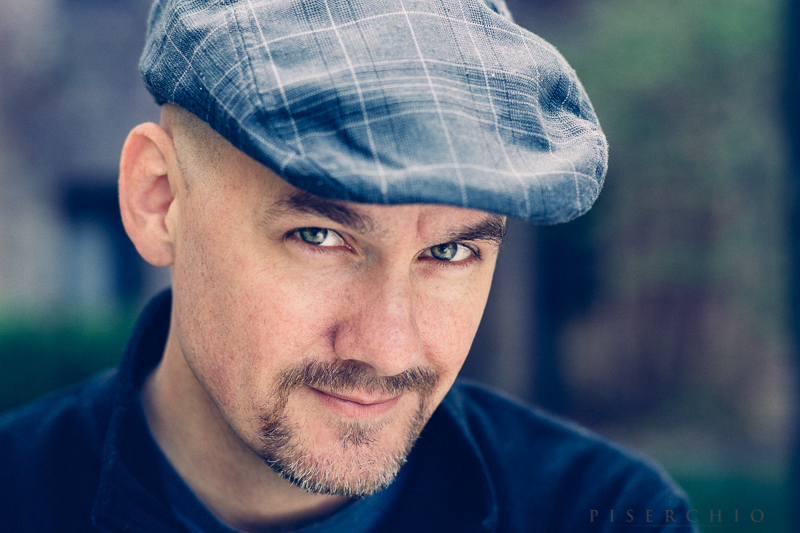
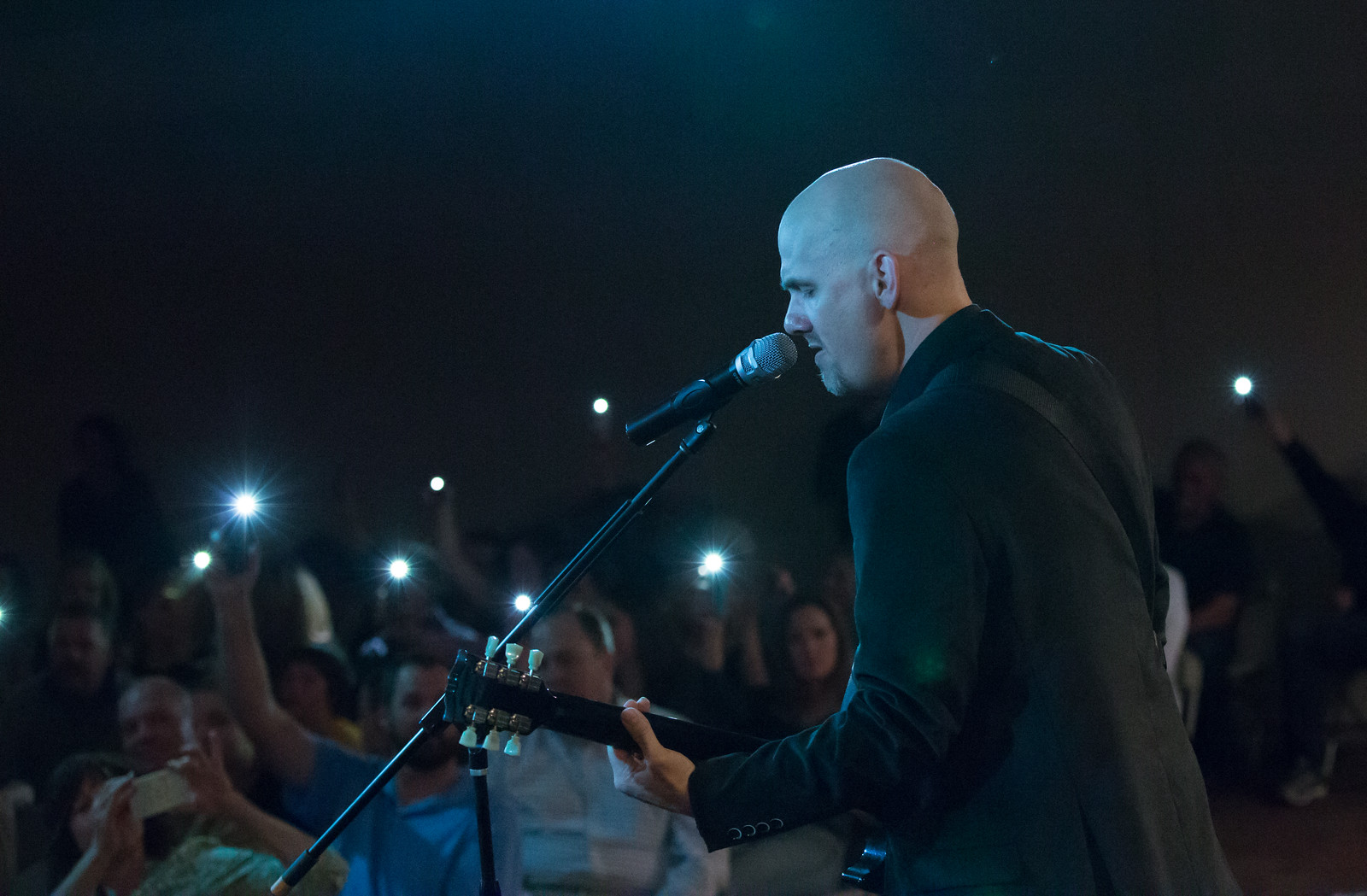
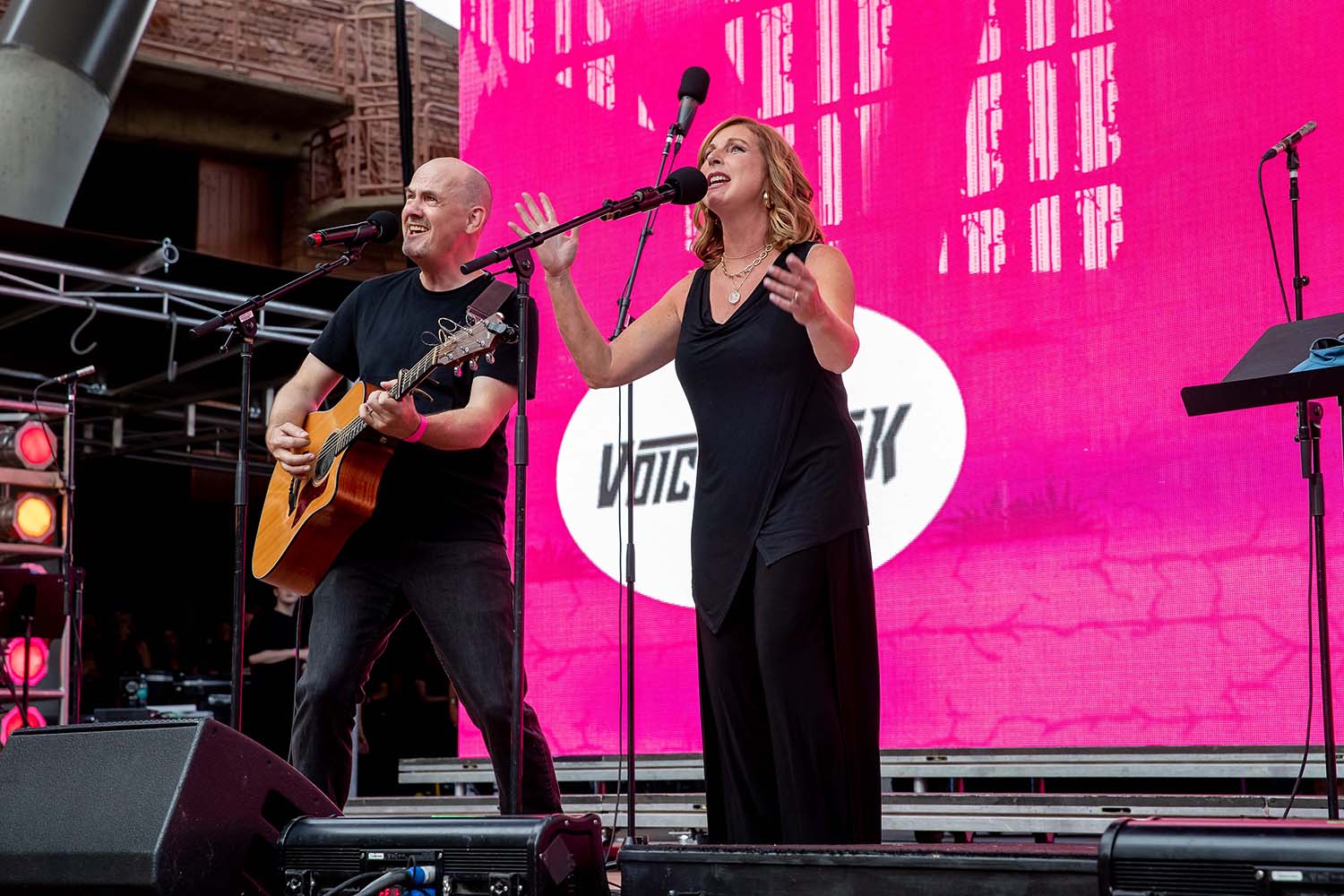
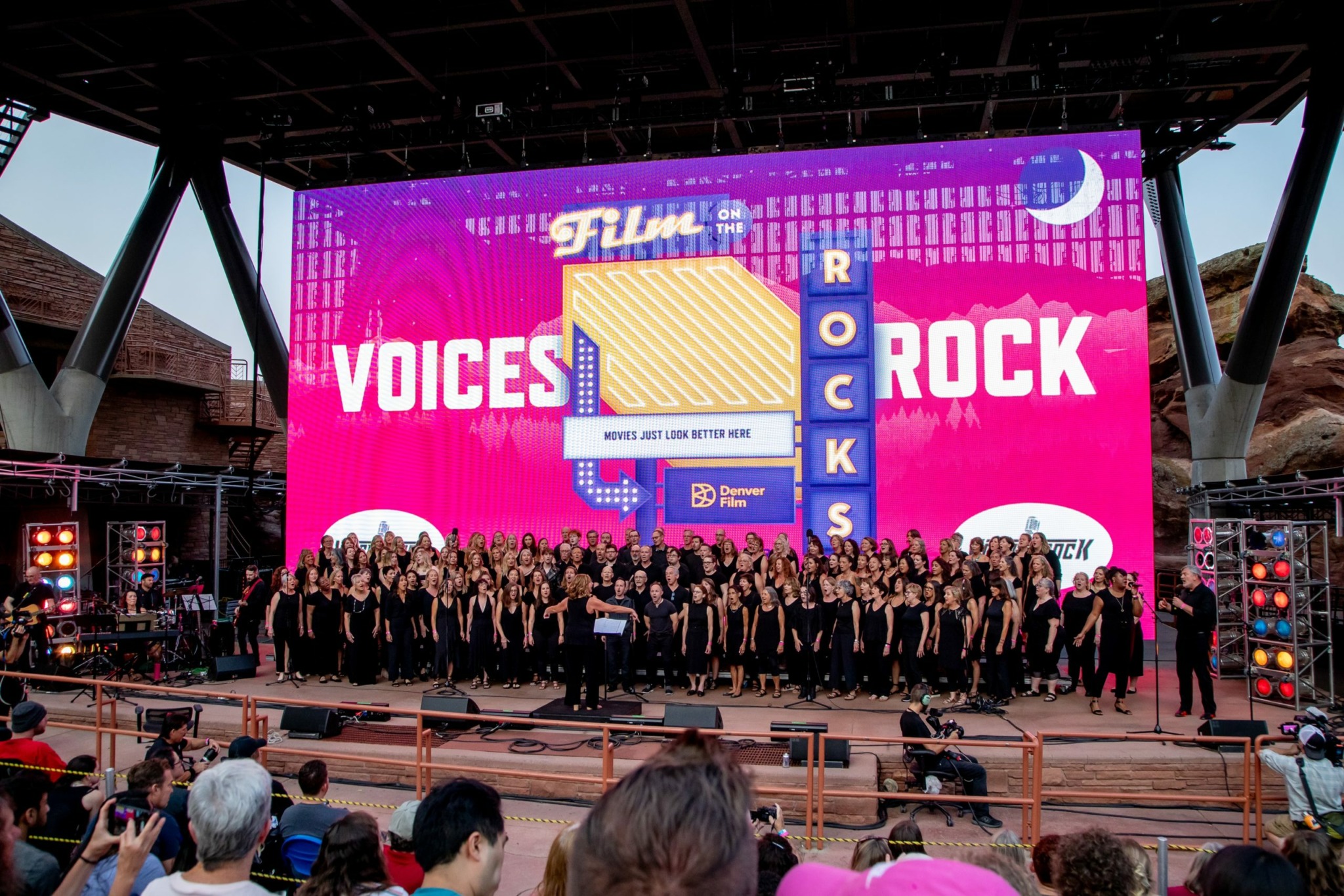
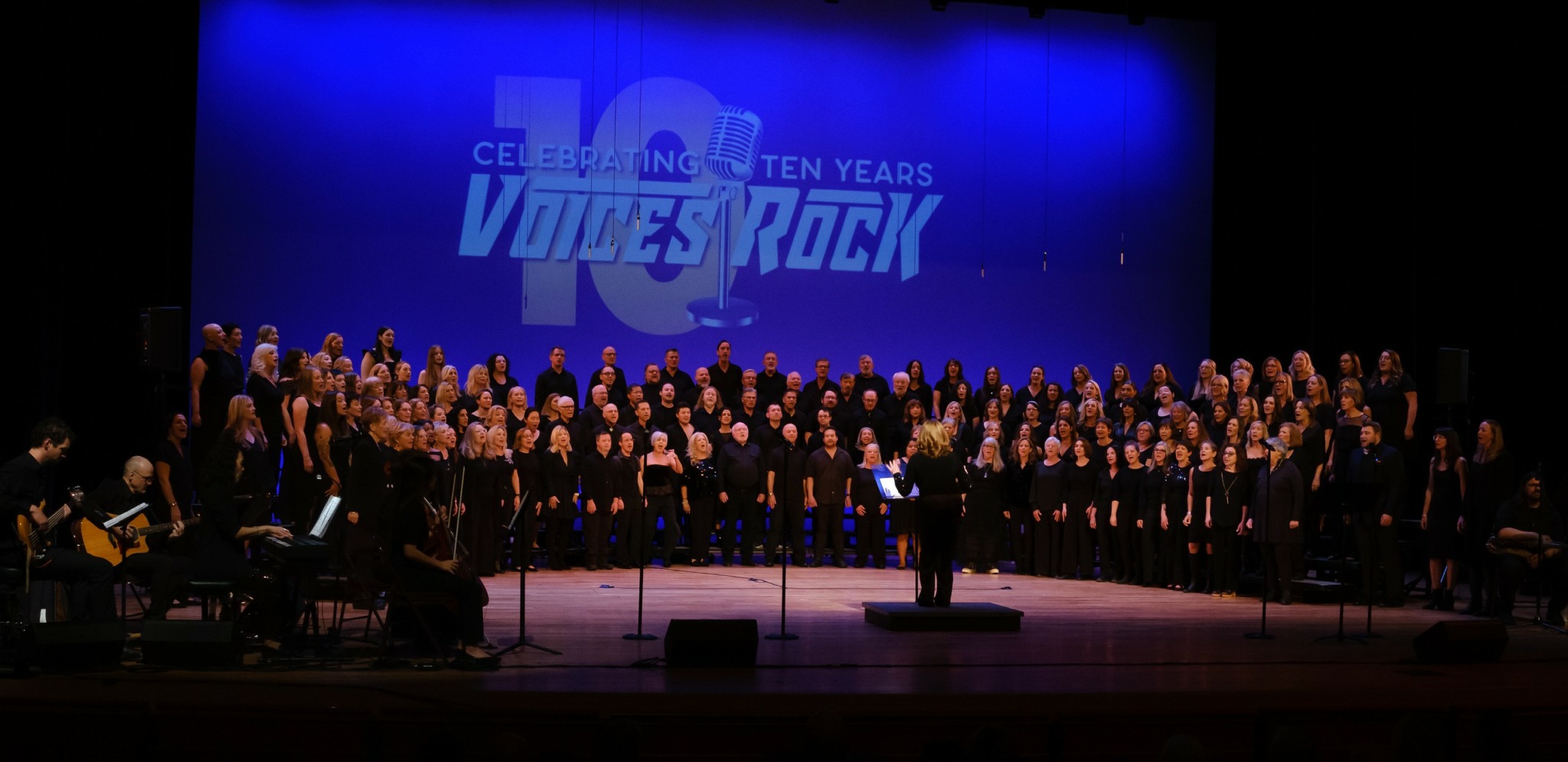
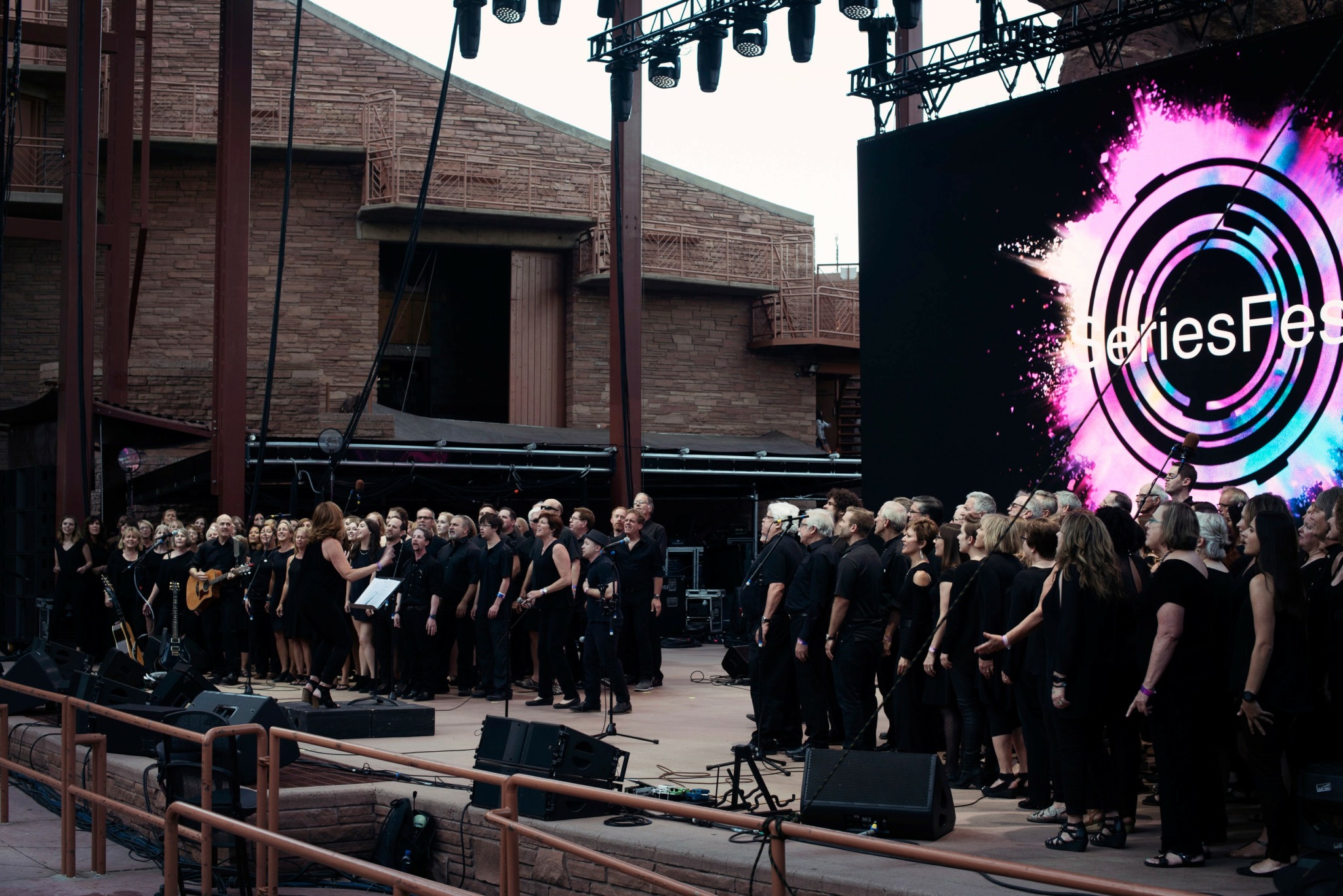
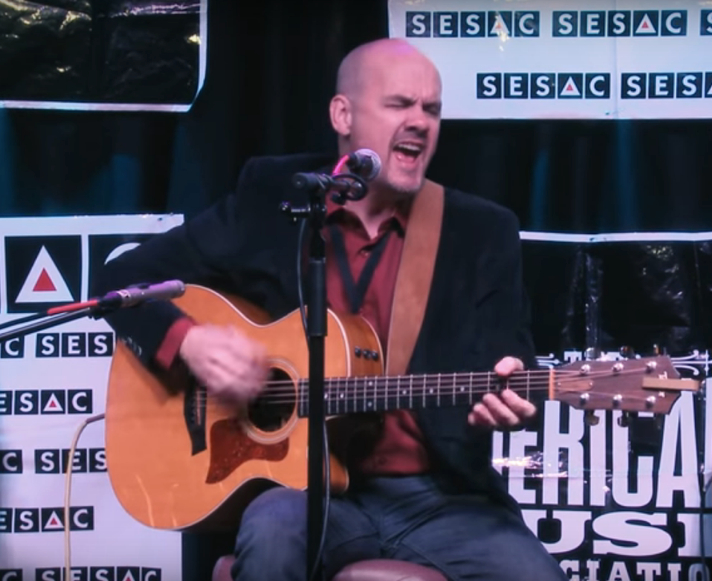
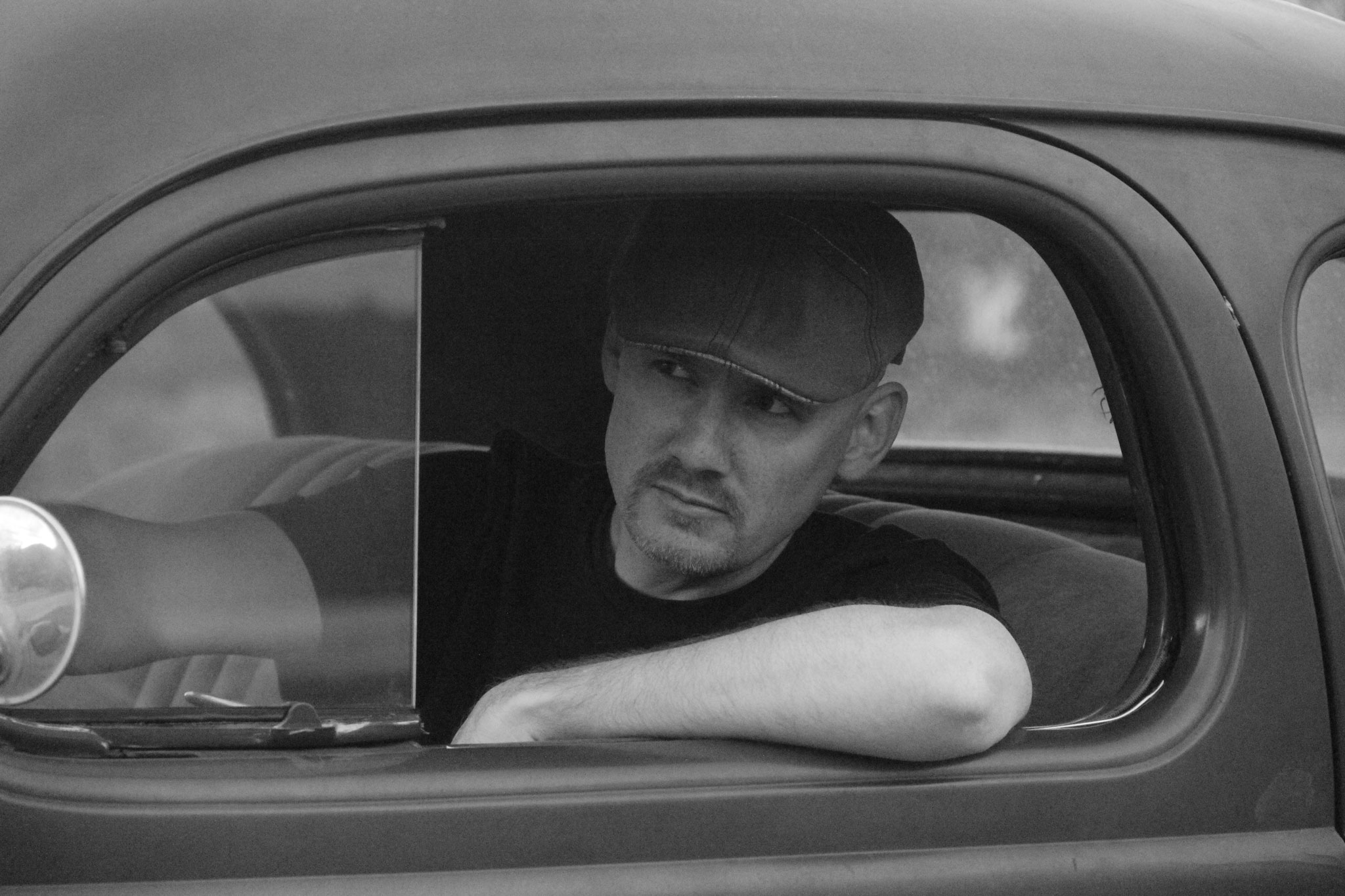
Image Credits
Shannon (Piserchio) Reed Photography, Will Hauge, Rita Dittrich, LightWeaver Photography


